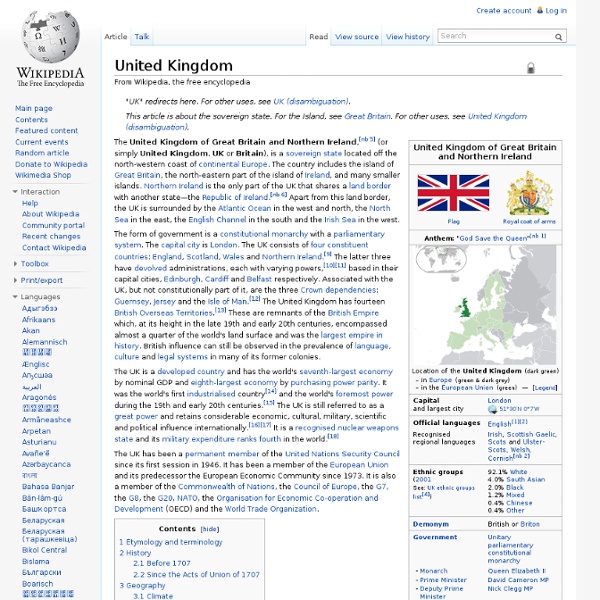Universitat Politècnica de València
Men
Romania
Romania ( i/roʊˈmeɪniə/ roh-MAY-nee-ə; Romanian: România [romɨˈni.a] ( )), formerly also spelled Roumania[8][9] and Rumania,[10][11] is a country located at the crossroads of Southeastern and Central Europe, on the Lower Danube, north of the Balkan Peninsula and the western shore of the Black Sea. Romania shares a border with Hungary and Serbia to the west, Ukraine and Moldova to the northeast and east, and Bulgaria to the south. At 238,391 square kilometres (92,043 sq mi), Romania is the ninth largest country of the European Union by area, and has the 7th largest population of the European Union with 20,121,641 people (October 2011). With the fall of the Iron Curtain, Romania began its transition towards democracy and a capitalist market economy. Etymology[edit] Romania derives from the Latin romanus, meaning "citizen of Rome".[14] The first known use of the appellation was attested in 16th-century by Italian humanists travelling in Transylvania, Moldavia, and Wallachia.[15][16][17][18]
LM1x
Belgium
Belgium ( i/ˈbɛldʒəm/; Dutch: België; French: Belgique; German: Belgien), officially the Kingdom of Belgium, is a federal monarchy in Western Europe. It is a founding member of the European Union and hosts the EU's headquarters as well as those of several other major international organisations such as NATO.[nb 1] Belgium covers an area of 30,528 square kilometres (11,787 sq mi) and has a population of about 11 million people. Straddling the cultural boundary between Germanic and Latin Europe, Belgium is home to two main linguistic groups: the Dutch-speaking, mostly Flemish community, which constitutes about 59% of the population, and the French-speaking, mostly Walloon population and Brussels inhabitants, which comprises 41% of all Belgians. Belgium's two largest regions are the Dutch-speaking region of Flanders in the north and the French-speaking southern region of Wallonia. History[edit] Politics[edit] Political culture[edit]
m2+
Spain
Spain ( i/ˈspeɪn/; Spanish: España [esˈpaɲa] ( )), officially the Kingdom of Spain (Spanish: Reino de España),[c][7] is a sovereign state and a member state of the European Union. It is located on the Iberian Peninsula in southwestern Europe. Its mainland is bordered to the south and east by the Mediterranean Sea except for a small land boundary with Gibraltar; to the north and north east by France, Andorra, and the Bay of Biscay; and to the west and northwest by Portugal and the Atlantic Ocean. It is one of three countries (Morocco, France) to have both Atlantic and Mediterranean coastlines. Spanish territory also includes the Balearic Islands in the Mediterranean, the Canary Islands in the Atlantic Ocean off the African coast, and two autonomous cities in North Africa, Ceuta and Melilla, that border Morocco, plus Alborán, Chafarinas Islands, Alhucemas, Vélez de la Gomera and other small islets including Perejil. Etymology Treasure of Villena, a Bronze Age treasure hoard. History
Peter Galambos
Péter Galambos (born 9 September 1986 in Vác) is a Hungarian rower. He won the silver medal in the lightweight single sculls at the 2012 World Rowing Championships. Galambos studies economics and management at Óbuda University in Budapest.[1] References[edit] External links[edit] Péter Galambos at RowingOne.com



